Meet the 2022 REBNY Leadership Fellows — the First to Be Able to Meet in Person
By Larry Getlen January 25, 2022 8:30 am
reprints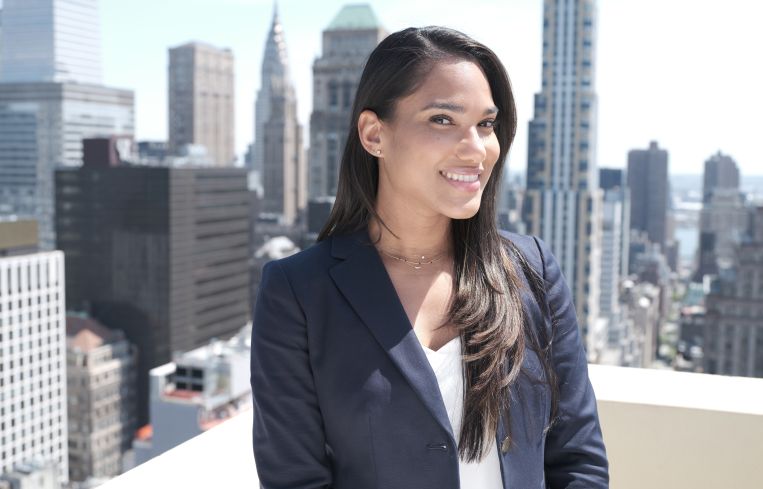
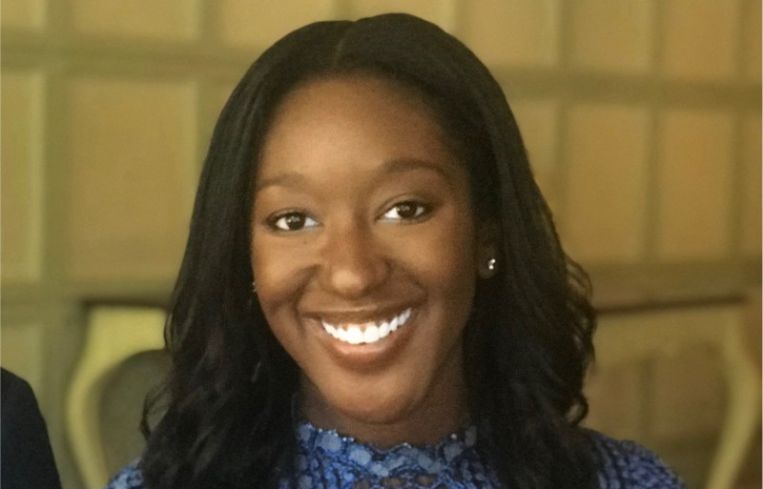
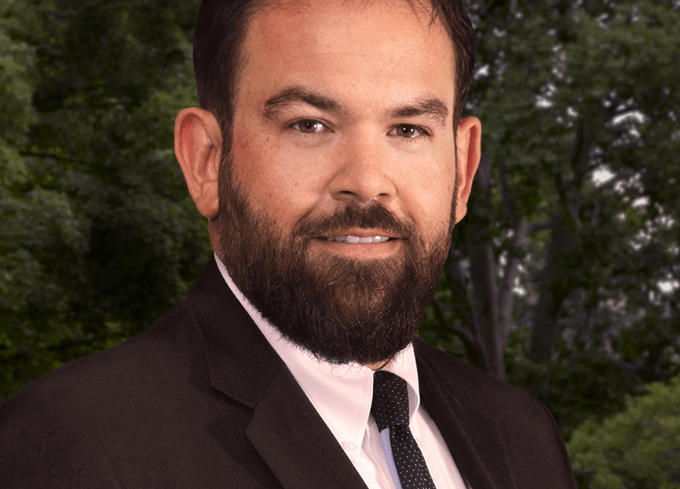
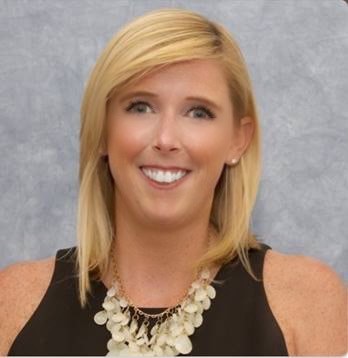
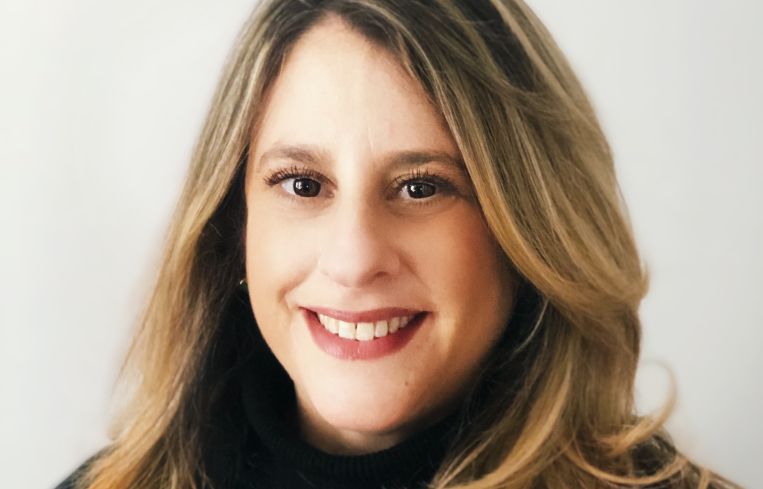
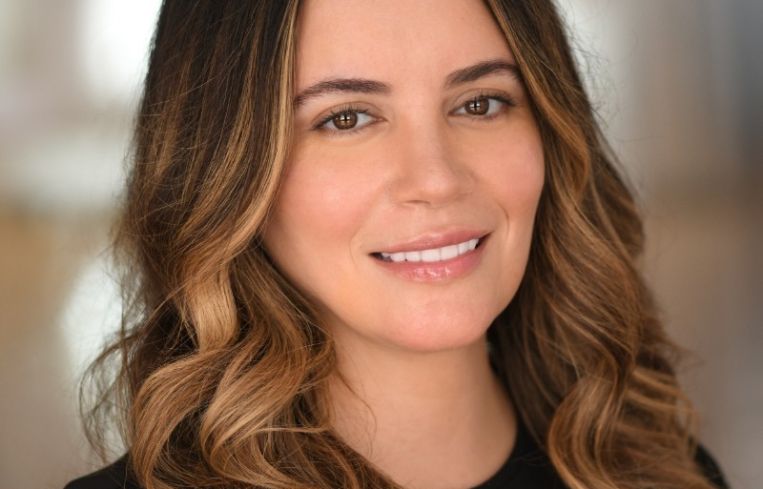
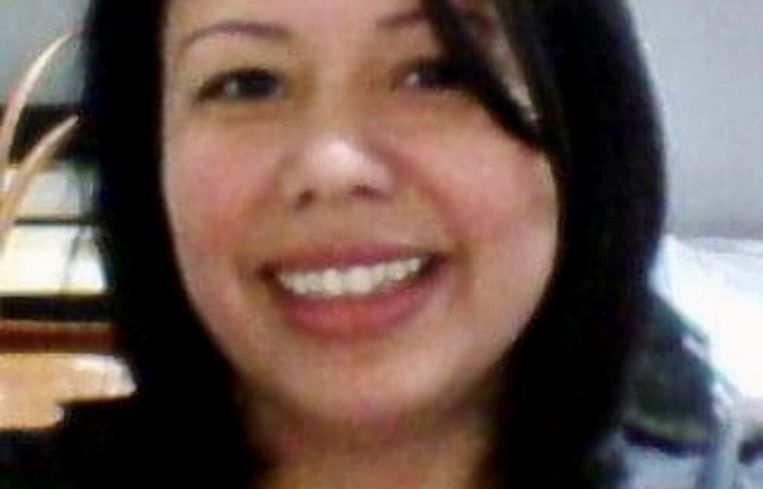
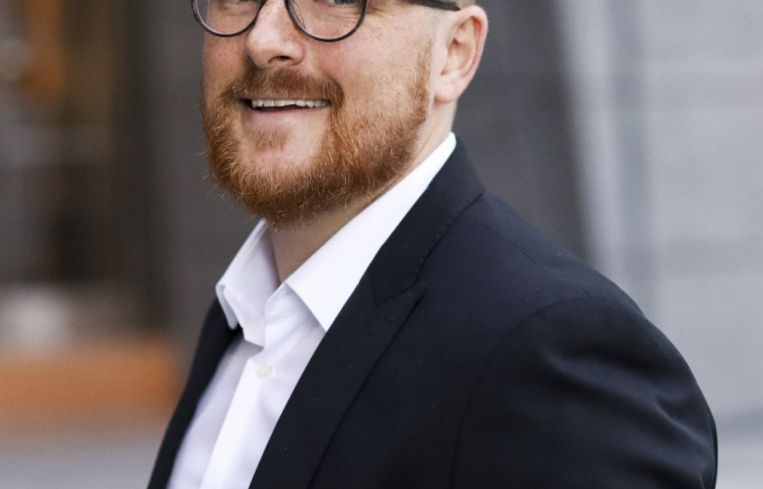
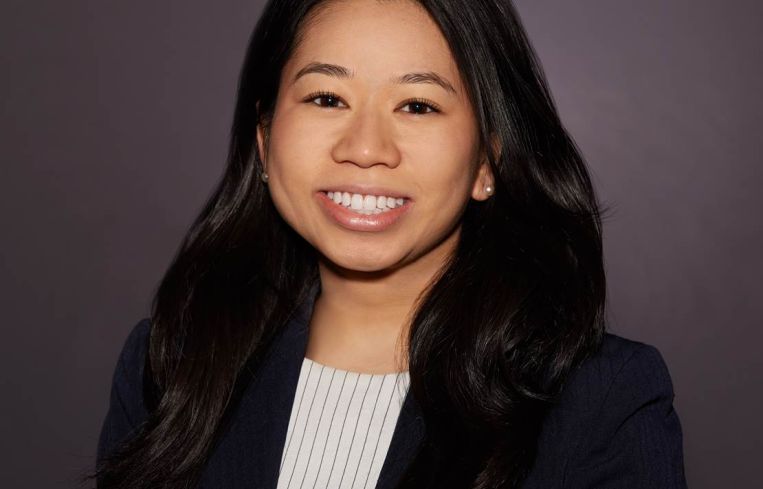
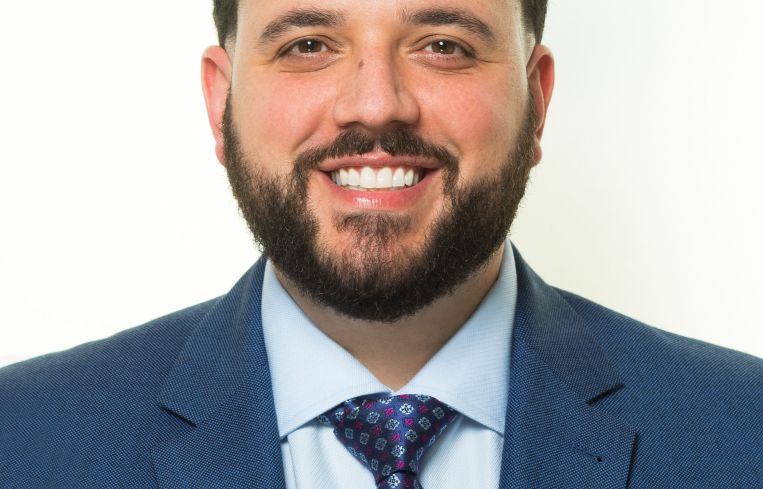

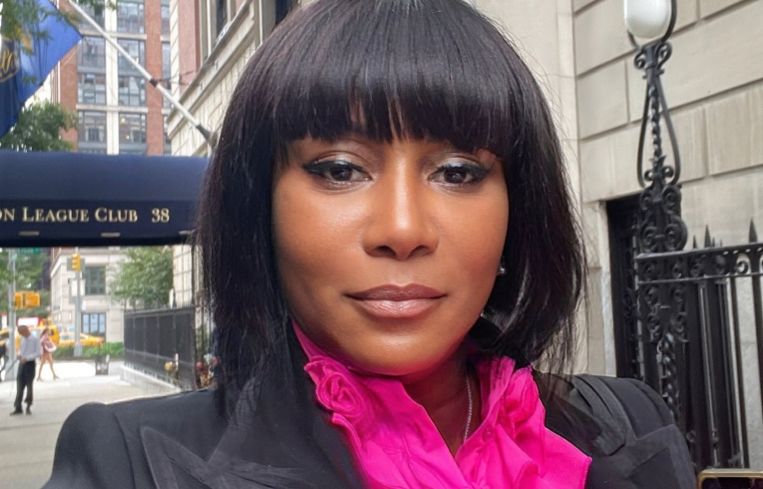
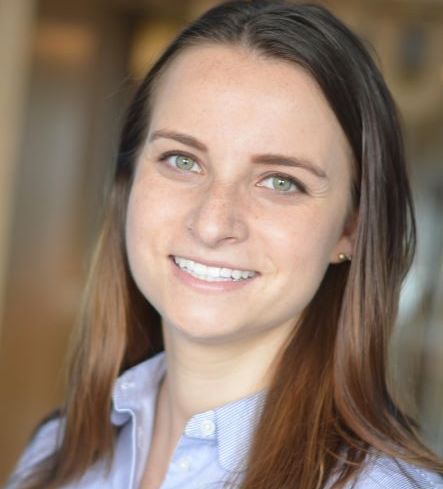
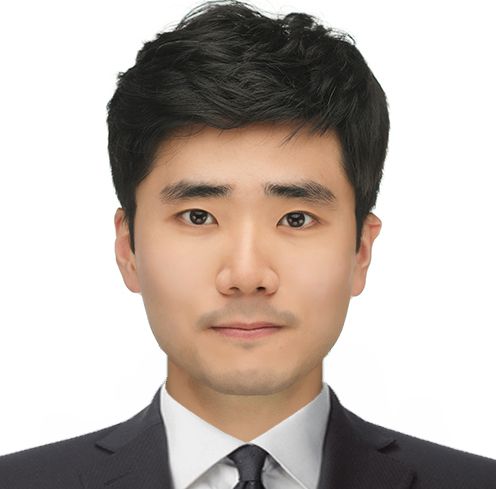
Social impact and diversity have risen sharply in importance in the business world in the past two years. It was with this in mind that the Real Estate Board of New York created the REBNY Fellows Leadership Program, which is about to announce its second class.
The six-month program — originally launched in April 2020 and expected to be an annual affair starting this year, after COVID-19 interrupted it in 2021 — provides around 20 mid-career real estate professionals the opportunity to learn valuable leadership skills, and to make long-lasting commercial real estate connections with mentors and fellow program attendees alike.
“The primary goals of the program are to help prepare the fellows to build their skills, to solve complex challenges within the industry, and to create a lifelong group of professionals that they could collaborate with to help them accomplish their career dreams,” said Yvonne Riley-Tepie, REBNY’s senior vice president of social impact.
This year’s class includes fellows from a diverse array of positions within the industry, including quite a few names that are in the operations part of real estate like Anthony Migliore Jr., operations manager of the Empire State Building; Brandon Joy, vice president of operations at Stonehenge; Kathleen Fiorella, commercial property assistant manager at The Durst Organization; Kristina Tougas, a project manager at CBRE; Carla Giarrusso, a senior project manager at Suffolk Construction; and Eduardo Fiallo, a vice president of property management at Hines.
“For now, it’s mid-career individuals who are ready for promotion, ready for the C-suite, and they want to take their career to the next level,” Riley-Tepie said. “They come from across the industry. We’re seeing titles like senior vice president, vice president, directors. And they range in age. I’m very excited, because I expect great cross-training and very active discussion. It’s going to be exciting.”
Also included on the list of fellows are Emarie Bohanon, a senior associate at the debt capital markets team at Tishman Speyer; Elizabeth Polanco, general manager at the Gotham Organization; Ericka Hernandez, a vice president at Rudin Management; Jaesung Yoon, an associate at Helmsley Spear; Patricia Leung, a senior associate at Nuveen Real Estate; Zoe Skyy, an associate broker at Keller Williams NYC; and Hiro Sato, a development manager at Lendlease. There’s even a COO — Kevelyn Guzman, chief operating officer at Coldwell Banker Warburg.
“I’m really looking forward to interfacing with other professionals in the industry,” Migliore, of the Empire State Building, said. “There are so many different perspectives being approached on different issues, from sustainability to how to successfully operate in the COVID era. There’s so much more I feel I could learn from the new cohort, from those teaching us, and from alumni who have gone before us in the previous program.”
REBNY developed the program in collaboration with the Coro New York Leadership Center, a civic leadership training organization. The program is open to real estate professionals of diverse backgrounds with at least six years of industry experience who are currently working at a REBNY-member organization.
In addition to REBNY, Coro has provided training for professionals at organizations including the city Department of Parks and Recreation and the Times Square Alliance, a business improvement district, to name just a couple. The REBNY-Coro partnership is the next phase of a long-term relationship between the two organizations.
“Through the years, we have had a lot of similar board members, and Coro has attended workshop events that REBNY or partner groups have given,” said Garrett Lucien, vice president of training and programming at Coro. “So when James Whelan, the president of REBNY, was thinking about doing training to help emergent leaders get to the next step, they recommended Coro. Once we heard about the fellowship, it was right in line with the work we like to do — bringing people to the table to help make change.”
Lucien had a front-row seat to how the first fellows class made the most of the opportunity.
“We had a diverse group of people that were looking to make changes within their organizations,” Lucien said. “Some of those changes are around policies, some were around the type of buildings or development that their organizations are doing. We got to bring this group together to create some synergy in the room, and to have discussions around how they can each affect change and grow the real estate sector. I think it’s a great way of growing your leadership skills and building networks with people that do similar work.”
Coro also works closely with REBNY to ensure that the fellows learn from high-level mentors in both real estate specifically and leadership in general.
“Coro leadership has their training team conducting the day-to-day,” Riley-Tepie said. “They also work to bring forward speakers from the industry, industry experts as well as some elected officials so they can share information, whether through a panel discussion or from an individual speaker.”
While the 2020 program was mostly held virtually due to COVID, this year’s will see the fellows meet with their mentors and each other largely in person, COVID willing. This new class, then, will be the first that REBNY will be able to measure subsequent ones against as far as physical logistics. That creates a learning curve for the trade group too.
“It’s a very experiential and dynamic program,” Riley-Tepie said. “They start with an orientation and then they have a retreat, and the purpose of the retreat is to get them to bond with each other. Then we have issue days, highlighting things like sustainability, affordable housing and housing development. We take them to different sites to see a sustainable project, for example. Then there are days when they’re learning about different leadership styles, and how to solve for complex issues they may encounter throughout their careers.”
The leadership aspects of the program are designed by Coro, which utilizes techniques currently finding favor in the business world at large.
“The main framework we use for leadership at Coro is adaptive leadership, which is used by a lot of organizations and a lot of schools. It’s a technique out of Harvard,” Lucien said. “The idea is that how you lead is to be adaptive, and change depending on which stakeholders you’re dealing with. We have five sessions on adaptive leadership. I meet Coro alumni that finished the program 10 or 15 years ago that still use the adaptive leadership framework. So it’s a tool that works for people that are trying to make change.”
Riley-Tepie emphasizes that the program is open to people working in any sector or business line of real estate.
“It’s for everyone in the industry,” Riley-Tepie said. “The reason for that is so they can learn from each other about what’s important in their particular job. There may be parts of the industry that someone has never thought about working in before, but after going through the program and having been exposed to it, they now have an interest.”
To that end, REBNY is also open to possibly expanding the program.
“The industry is excited about the program,” Riley-Tepie said. “Everyone wants to see more of this type of opportunity. I’m optimistic that we can grow it.”
What’s more, the 2020 fellows — that first cohort that had to meet mostly virtually due to COVID — are now a functional networking group, assisting and supporting each other exactly as intended, which is a strong sign that future classes will grasp the program’s advantages quickly and thoroughly.
“This opened up opportunity,” Lucien said. “I heard many fellows in the group last year speaking about projects they worked on and possibilities of partnerships and teamwork, and that group still gets together. They’re still connected. They meet about once a month. So I’m excited about the network it’s starting to build. And as we have the second cohort, we’ll now have, hopefully, about 40 people in the community that can now come together for possibilities for New York City.”



